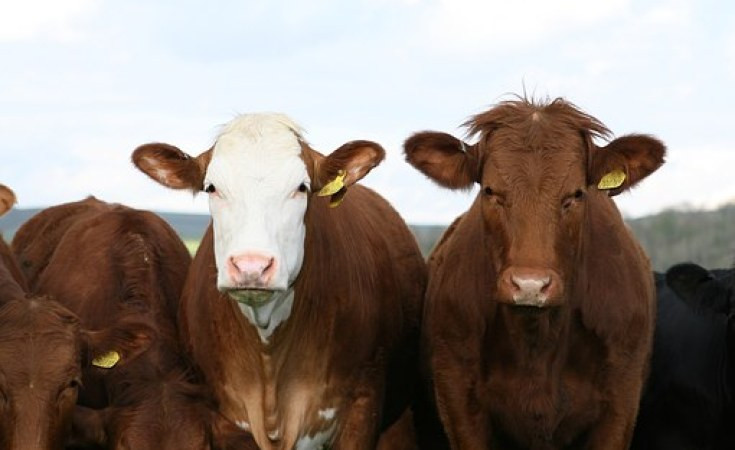
Livestock farming is the second largest contributor to human-made greenhouse gas emissions after fossil fuels, the Zimbabwe Commercial Farmers Union (ZCFU) has said.
The ZCFU said animal agriculture is also the leading cause of deforestation, water and air pollution and biodiversity loss.
ZCFU president Shadreck Makombe said there was need to come up with mitigation measures to reduce emission intensity in the agricultural sector.
“Direct impacts of climate change on livestock production include heat stress, humidity, wind, drought, frost, and floods — leading to a decrease in milk production, meat production, reproduction, animal health, and behavioural performance,” Makombe told NewsDay Weekender.
“There is need for enhanced programmes on adaptation and mitigation to ameliorate such conditions and situations.
“Animal agriculture puts a heavy strain on many of the earth’s finite land, water and energy resources. In order to accommodate the 70 billion animals raised annually for human consumption, a third of the planet’s ice free land surface, as well as nearly sixteen percent of global freshwater, is devoted to growing livestock.”
According to experts, livestock family produces 65% of the world's nitrous oxide emissions which has a global warming impact 296 times greater than carbon dioxide.
Raising livestock for human consumption generates nearly 15% of total global greenhouse gas emissions, greater than all the transportation emissions combined.
- ZCFU demands transparency in EU funding facility
- Livestock farming fuelling climate change: ZCFU
- Cotton farmers hail new producer prices
- As El Niño looms, preparedness is key







